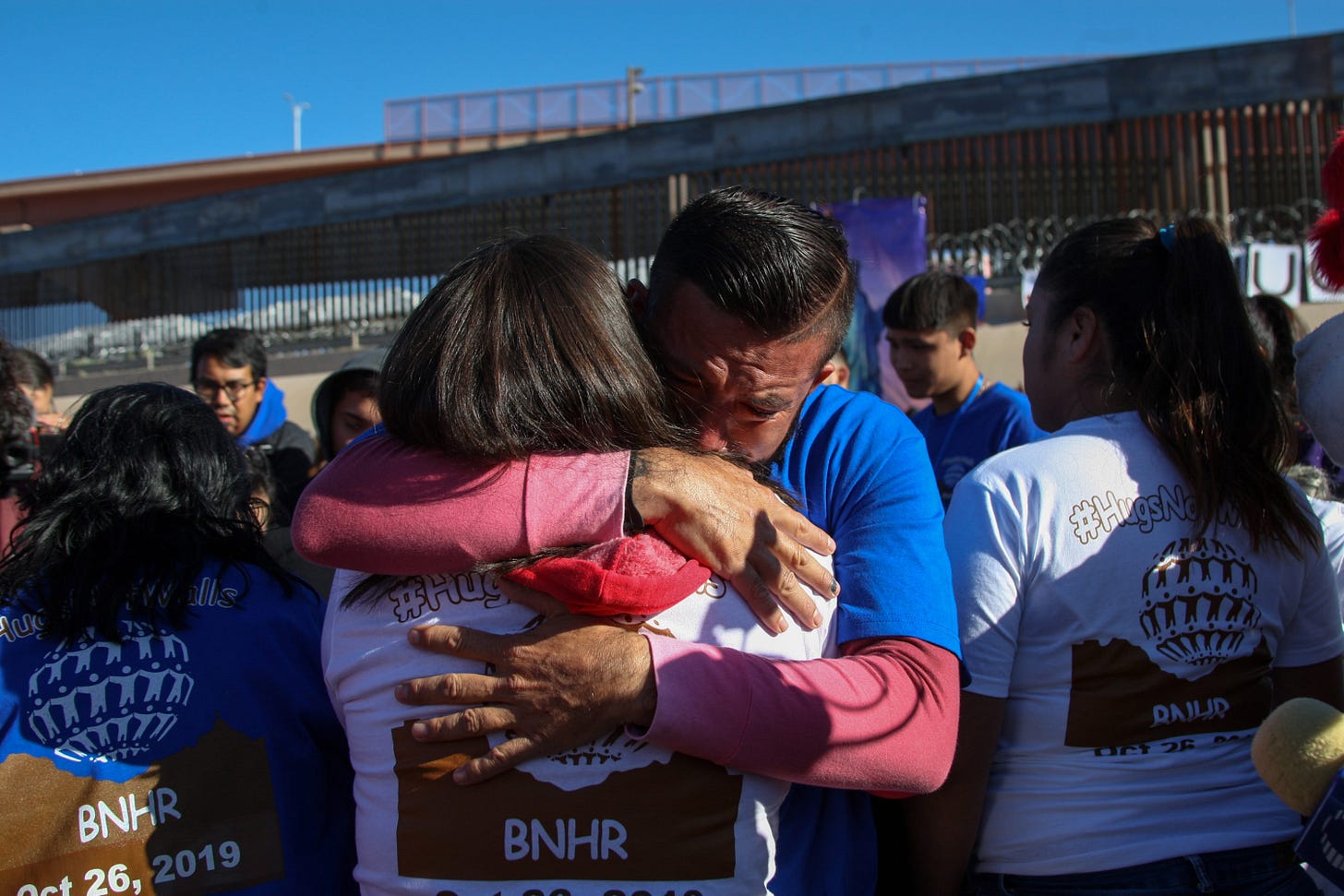Cleaning Up Trump’s Immigration Mess
Reuniting children with their families, if it’s even possible, is just the first step in repairing the immigration system, which will prove critical to continued growth.

In an America in which more than 220,000 people have died from COVID, nearly 5 million are facing long-term joblessness, and 8 million have been impoverished, the sad fate of 545 children may not stand out. But it should because, unlike the effects on people’s lives of Donald Trump’s bungled response to a deadly pandemic, the Trump administration is directly responsible for orphaning 545 children. The children were among the 5,512 the Trump administration separated from their parents at the border from July 2017 to December 2019, sometimes ripping babies from their mothers’ arms. The intent was to terrorize families seeking refuge in the United States to stop them from coming.
“We need to take away the children,” then-Attorney General Jeff Sessions told a group of prosecutors who balked at enforcing the president’s “zero tolerance” order, which forced criminal (as opposed to civil) prosecution of allunauthorized immigrants, including parents with children in tow. Lest anyone think the administration would make exceptions for separating parents from very young children or babies, then-Deputy Attorney General Rod Rosenstein told federal prosecutors from Texas in a follow-up call that it didn’t matter how young they were, which is how 594 children under 10 years old ended up in the government’s “care.”
Faced with court orders demanding a halt, Trump signed an executive order modifying the policy in June 2018, which still subjects adults to criminal prosecution but detains families together “where appropriate and consistent with law and available resources.” Most of the children separated from their parents were reunited with parents or other family, but the sheer number of those who were essentially lost in the system is a staggering rebuke to the callousness of this administration’s immigration policies.
On Thursday, Joe Biden announced that should he become president, one of the very first acts he will undertake is to appoint a task force to find the missing parents of Trump’s lost children. It is a good first step, but not nearly enough. There are literally tens of thousands of asylum seekers who failed to gain entry to the U.S. during the Trump administration. As many as 60,000 of them are in Mexico awaiting their fate under the administration’s remain-in-Mexico policy, which required them to stay on the southern side of the border until their applications can be filed and a determination made whether they qualify. (The legality of this order is still in question, pending a ruling by the Supreme Court.) Many if not most of these asylum seekers are families. Some 4,000 are stuck in Matamoros, Mexico—just across the border from Brownsville, Texas—many of them living in a squalid camp without proper sanitation. It looks like something we would expect in Syria or Kenya, not a short walk from the U.S.
A new administration will face an immediate crisis on what to do about these people. And that is even before dealing with the larger immigration issue, including what to do about the status of 11 million undocumented people living here now.
Immigration policy has roiled American politics for at least two decades. It would be a mistake to think that one election will dramatically change the fraught nature of the immigration battle, especially in the wake of a global pandemic. It is unimaginable that a new administration would go back to putting children in cages, but it is useful to remember that President Obama was derided as “deporter in chief” during his 2012 campaign, and that ICE arrests in the interior of the U.S. were actually higher under Obama than under Trump.
If the Senate changes control, it may be easier to pass immigration reform in a new Congress, but what the outlines of that reform will look like is anyone’s guess. Democrats may be more willing to increase the number of legal immigrants admitted each year—it has fallen precipitously under Trump. But pressure from unions and a desire to hold on to working-class voters of all races and ethnicities may incline some Democrats to oppose a guest worker component of immigration reform and favor tougher penalties against employers who hire unauthorized workers.
Politics aside, though, if the economy is to recover fully, immigration reform will be essential to growth. An aging U.S. population and falling births among non-Hispanic whites means we will need more immigrants, not fewer, if we are to create and fill enough jobs in the United States just to keep pace with our current standard of living.


